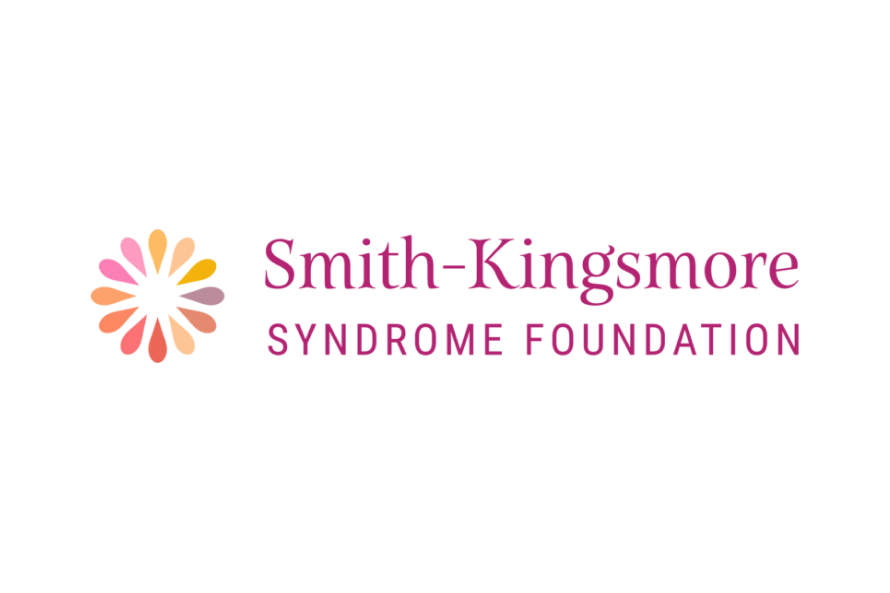Smith-Kingsmore Syndrome Foundation
Cycle 2
Smith-Kingsmore Syndrome (SKS) is a rare, neurodevelopmental genetic disorder caused by changes (disease-causing variants) in the MTOR gene. SKS impacts the digestive, endocrine, metabolic and nervous systems. The most common symptoms in people with SKS are intellectual disability, developmental delay, large brain size (megalencephaly) and seizures.
Last updated 04/30/2025
Clinical
Disease Class
Genetic diseases
Neurological diseases
Body Systems
Digestive
Endocrine
Metabolic
Nervous / Sensory
Organs
Brain
Known Genetic Link
Yes, one or more genes directly cause the condition
causative_genes
MTOR
contributory_genes
None specified / unknown
Type of Inheritance
Autosomal dominant
De novo
Newborn Screening
No
Disease Mechanism(s)
mTOR pathways dysregulation
Age of Onset
Prebirth
Average Age at Diagnosis
Adolescence (12-17)
Early childhood (age 1+-5)
Infancy (age 0-1)
Middle childhood (6-11)
Pre-Birth
Life Expectancy
Adulthood (age 18-64)
Affected Sex(es)
Female
Intersex
Male
National Prevalence
51-100
Global Prevalence
101-1000
National Incidence
Less than 10
Global Incidence
Less than 10
Symptoms / Phenotypes
atypical puberty
autism
autistic behavior
developmental delay
distinctive facial features
excessive hunger / hyperphagia
gastrointestinal disorders
hyperactivity
intellectual disability
macrocephaly
seizures / epilepsy
sensory processing disorder / sensory hypersensitivity
sleep disorders
speech delay
Biomarkers
Diagnostic
· Seizures, macrocephaly, sleep/wake dysfunction, intellectual disability, autism, epilepsy, developmental delays
Existing Therapies
Off-Label Drug Use
Organizational & Research
Cell Lines
None
Cell Lines, Institution
None
Cell Lines, share
N/A
Disease Model
Drosophila/fly
Mouse
Disease Model, Involvement
Consulted
Funded
Disease Model, share
Some of our disease models are freely available
Clinical Trial Role
Not involved
Biobank, Institution
None
Center of Excellence, Institution
None
Registry
Yes, we have a registry that we created
Data Collected, Registry
Clinical data
Electronic health records/electronic medical records
Genetic data
Longitudinal natural history data
Medication usage
Patient contact info
Patient-reported data
Data Entered by, Registry
Patients
Platform, Registry
CoRDS
Natural History Study
Yes, we have collaborated on a natural history study
Data Collected, Natural History Study
Electronic health records/electronic medical records
Genetic data
Imaging data
Medication usage
Patient-reported outcomes
Prospective data
Retrospective data
Platform, Natural History Study
REDCap
FDA Patient Listening Session
No
FDA Patient-Focused Drug Development (PFDD) Program
No
ICD Codes
No, we do not have any ICD codes
Diagnostic Guidelines
No
Science Advisory Board Policies
Yes, willing to share SAB policies
Research Network Policies
Does not have a CRN
Research Roadmap
Yes we have a Research Roadmap, and will share policies
International Chapters
None
International Partners
None
